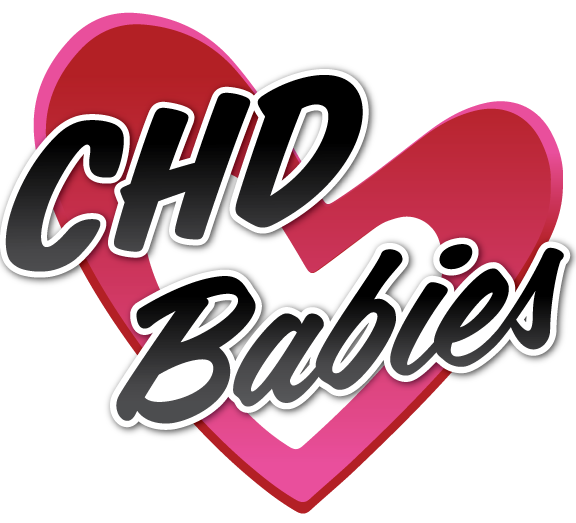What are some potential complications involved with heart surgery?
Chylothorax
Chylothorax is a serious complication that can occur after heart surgery. Chyle is a fluid produced in the bowel when we digest food. This substance carries fat, protein, and white blood cells. It turns milky white if lots of fat is digested. Chylothorax results from the buildup of chyle in the space outside the lungs (called the pleural space). A buildup of this fluid makes it hard to breathe and can cause fatigue and discomfort.
A number of things can cause chyle to leak into the pleural space, such as damage to the thoracic duct (which is close to the aorta and pulmonary artery) during heart surgery or heart tumours. Chylothorax can also happen spontaneously, and newborn babies can develop it, but it can affect children of any age.
Symptoms vary according to how much fluid is accumulating. Symptoms include fatigue, shortness of breath, heaviness, and discomfort on the affected side.
Chylothorax is treated by putting tubes into the chest to drain the fluid or by pulling the fluid out through a needle. To cut down on the amount of chyle in a child’s system, he also needs to go on a special low-fat diet until the chyle has drained out of the body. Some children will get their nutrients for several weeks through an IV, which is called total parenteral nutrition (TPN), instead of by mouth. The aim is to completely relax the gastrointestinal tract.
The dietitian will let you know what foods your child should eat if he has chylothorax. It usually means quite a big change from what he was used to eating. Generally any foods high in fat — meat, cheese, eggs, and rich breads and desserts — are off the list. If diet modification and/or the use of a feeding tube aren’t successful, surgery may be considered to treat chylothorax.
If this treatment doesn’t prove effective — generally drainage and special diet will clear it up in about 7 days — surgery may be required.
Horner’s syndrome
Children who develop Horner’s syndrome have a drooping upper eyelid, a small eye pupil, and facial dryness. This syndrome is primarily caused by a complication that arises because of heart surgery. It’s thought to be prompted by damage to the nerves of the face which can be caused by, among other things, the positioning of a tube needed for cardiopulmonary bypass. Horner’s syndrome can also, though rarely, be present at birth. It tends to resolve in 6 to 8 weeks and usually no treatment is needed.
Infections
Wound infections are caused when bacterial sources in the hospital affect the patient. These are not very common and becoming more rare as preventive efforts and surgical procedures improve. Infection in the blood and infections in or around the heart are very serious. This is a particular risk when prosthetic valves are used and when catheters and pacemakers are implanted. Organisms can get onto these devices and go into the body once the devices are inserted. Being on mechanical ventilation for a long time can also increase risk. Antibiotic drugs are given to prevent infection and to treat it. Shortening operating time and time on bypass is another strategy to help prevent infection.
Pleural effusions
“Pleura” refers to the lining on the lungs. It produces, between an inner and outer layer, a fluid that acts as a lubricant to help the functions move smoothly. Pleural effusion refers to a build-up of too much fluid in the lungs following surgery.
Usually the fluid goes away on its own, however it can last a while (persistent effusion), affecting either one side of the lungs or both. When it continues on, it can be an indicator of fluid building up in other parts of the body, heart failure, chylothorax, or infection. It is more common after certain surgical procedures done on the heart, like the Fontan, which results in higher pressure in the veins after surgery.
Postpericardiotomy syndrome
This condition involves inflammation of the sac that the heart sits in — the pericardium — and the pleura (the lining of the lung). It tends to occur about a week after surgery. The child with this syndrome experiences fever and often fatigue, respiratory distress, and pain in the abdomen. This condition can be quite serious if the fluid affects the ability of the heart to function. (Fluid pressing against the heart in this way is called tamponade).
Treatment involves the use of anti-inflammatory drugs. In more severe cases, emergency pericardiocentesis is needed. This involves draining extra fluid away from the heart.
Post-pump syndrome
Post-pump syndrome refers to a negative reaction the body may have to being on cardiopulmonary bypass. These complications can include an inflammatory response on the part of the body to the tubing involved in bypass, as well as memory loss and personality changes. Specifically it can result in generalized swelling (edema), low urine output, and worsening deterioration of the heart muscle function.
Stroke
A stroke is a sudden stop or decrease in the flow of blood to the brain, severe enough that it causes damage to the brain. Strokes usually happen when a blood vessel gets blocked by a clot or if air gets into the blood vessel. Air embolisms are more common among children with cyanosis.
Source: About Kids Health
